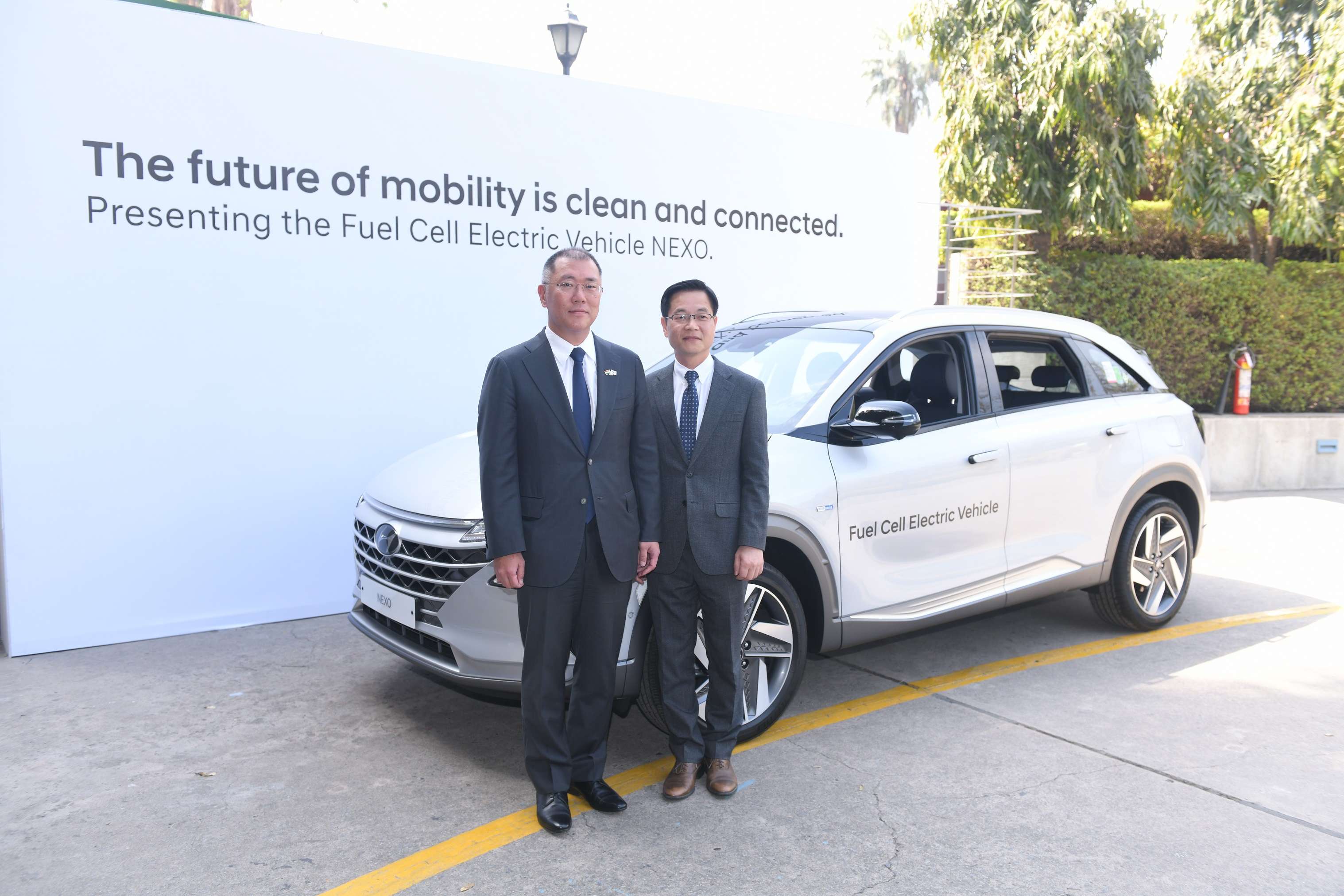An e-book on the recycling of automobiles upon completion of their lifetime carrier has been released here. The e-book “Recycling of End of Life Automobiles – With Special Focus on India and Developing Nations” changed into launched via Celeris Technologies, Chairman, Sumantran and the primary reproduction turned into obtained employing Transport Commissioner, C Samayamoorthy at a feature right here, these days, a press launch said.
TVS Motor subsidized the e-book penned utilizing the previous president of the business enterprise and retired captain N S Mohan Ram. It offers a comprehensive account of the car recycling systems in the advanced use of a vis-a-vis the modern scenario in growing international locations. The e-book additionally presents a future roadmap for u . S.
“India is currently the sector’s biggest manufacturer of two-wheelers and fourth biggest in the production of automobiles. It is properly on the way to meet the automobile assignment plan 2016-26 of tripling output within a decade”, Ram stated.
“The casual industry for scrapping antique vehicles, positioned in crowded residential regions, have neither the capacity nor the capability to address the massive increase in quit-of-lifestyles cars so one can be generated shortly,” he introduced. Ram, a full-time representative with TVS Motor, has headed the industry panel within the Society of Indian Automotive Manufacturers from its inception, the release stated.
Green living refers to an activity that minimizes or eliminates pollution from surroundings and improves personal health and electricity. Many sports can positively impact the environment, consisting of ingesting organically grown food, deciding on paper bags in place of plastic baggage, recycling beer cans, putting in an environmentally pleasant floor in your house, or using a gas-efficient vehicle. A latest rising trend is the recycling of cars to reap a greener environment.
When most cars have outlived their usefulness, they’re taken to scrap yards in which the vehicles are shredded. The closing fabric (in general comprising iron and steel) is then recycled back into vehicles, home equipment, and other products. Automobiles make one of the maximum recycled merchandise globally as three out of four tonnes of the latest steel are made from recycled steel. Other car parts, including brake pads, shoes, oil filters, rubberized seals, polyurethane seat foam, seat covers, ground mats, rims, windshield glass, and side Home windows glass can also be recycled to be used in new cars.
Automobile recycling confers limitless benefits to the environment. It facilitates keep natural assets and protects the surroundings from infection by using recycling usable additives and parts. It helps reduce water and air pollution and saves landfill space. As vehicle recycling minimizes the want for processing virgin substances, it reduces greenhouse gas emissions, particularly sulfur dioxide, which negatively affects the surroundings and human health.
Automobile recycling makes use of a long way much less strength than that wished for automobile manufacturing. Recycling motors and their spare components can keep as many as 80 million barrels of oil and 40000 tonnes of coal a year. This, in turn, reduces the amounts of carbon dioxide, carbon monoxide, and other carbon compounds launched into the atmosphere and enables conserve treasured reserves of gasoline, coal, and oil.

Automobile recycling facilitates conserve strength as recycling one kilogram of metal saves sufficient energy to power a 60-watt mild bulb for eighty-five hours. Recycling car glass (windshields and sunroofs) facilitates lessen water pollutants by forty-five percent and air pollutants through 25 percent. Recycling metallic saves as much as 70 percentage electricity and 30 percentage water consumption. Recycling one ton of oil filters no longer most effective saves 9 cubic yards of landfill area, but it also yields 1700 kilos of steel. Recycling oil filters facilitates petroleum hydrocarbons from contaminating water, air, and soil. It helps lessen water pollutants with the aid of approximately 75 percent and air pollutants via 80 percent. Recycling brake pads and footwear produces an aggregate of artificial substances and copper.
Auto recyclers must control the recycling operations on the scrap yards to reduce the danger of liberating dangerous petroleum compounds and toxic fluids into the surroundings. Heavy metals inclusive of cadmium, lead, arsenic, mercury, aluminum, and chromium, need to be now not allowed to leach into the floor. Similarly, acids from solvents, batteries, and degreasers ought to be properly disposed of as they can intrude with the chemistry of soil and create fitness risks for marine lifestyles in addition to people.











